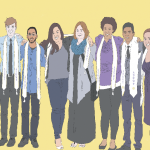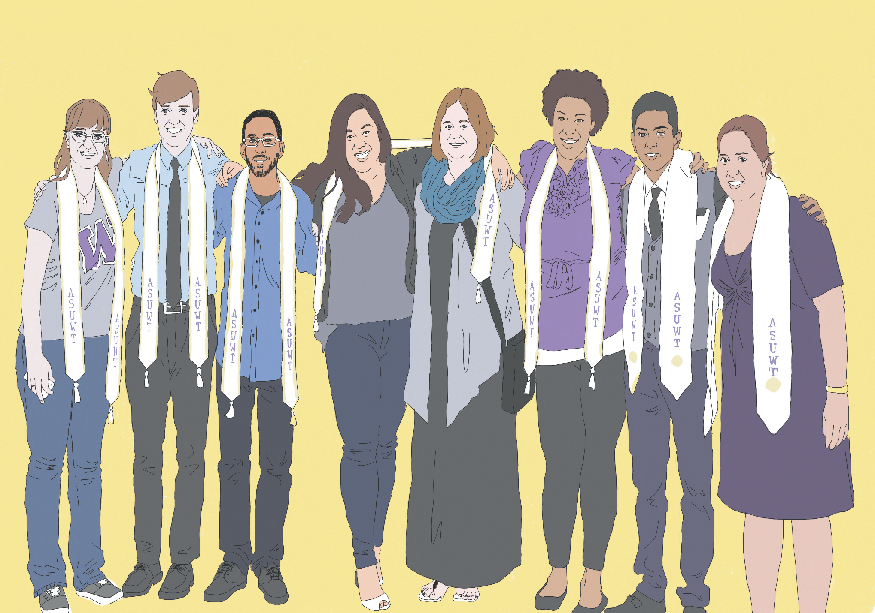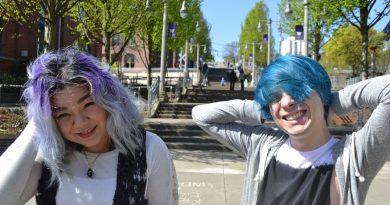Next Steps for ASUWT, Post-Election
After an anxiety inducing week of waiting for election votes to be tallied, candidates gathered on May 18 to hear the results. Among the candidates-elect were Sophie Nop as your president, as well as John Taylor Matthews, Sam Ranslem, Nadia Caldwell, Omer Adam, Bronwyn Clark, and John Poore, as your respective directors. The meeting went pretty well aside from some clear changes that need to be made to next year’s election announcement, such as ties being settled with a random coin toss or the fact that losing candidates have no idea whether they have won or lost prior to the meeting (which makes it particularly stressful on candidates who tend to have emotional reactions). Another critique is that while there were two seats available for the IAS senator positions, there was a tie for seat number two. Instead of allowing both candidates to occupy these open positions, only one will be elected for seat number two and the losing candidate will either have to reapply for position number one or move on.
But our primary concern as students are the issues that halt us and our peers from accessing higher education. Two of the most common barriers that emerge: financial access and child care.
For the last few years, tuition has neither risen nor fallen. It is currently in a state known as “tuition freeze.” Many hope that it stays frozen, meanwhile, some are hopeful that it even decreases in the coming years by as much as $1,000 according to current ASUWT President Jocelyn Patterson. For students who do not receive enough financial support to cover school, every bit counts, especially something as significant as $1,000.
In regards to child care, President Patterson stated that the UW Tacoma campus actually does plan to have a comprehensive child care program in the winter of 2016 that will serve as many as 70 children. Contrary to this statement, other anonymous individuals within ASUWT claimed that child care is often something that is mentioned, but never followed through with. Given that the typical board for ASUWT is composed of traditional students it can be surmised that they do not have the same needs as non-traditional students, which often includes caring for children. For some single parents, the inaccessibility to child care on this campus is a dealbreaker that stops them from being able to pursue an education.
Many claim that we must learn to make do without programs like child care, because there is simply not enough funding to support them.
Every beast wastes and this university just happens to be a mid-sized bureaucratic one. The question emerges: where do we cut the fat and get to the good stuff? We need these elected officials to deliver on their promises so that we can build a healthy university and community. As students, we ask this of our newly elected officials: Please heed our concerns and do not get sidetracked.






